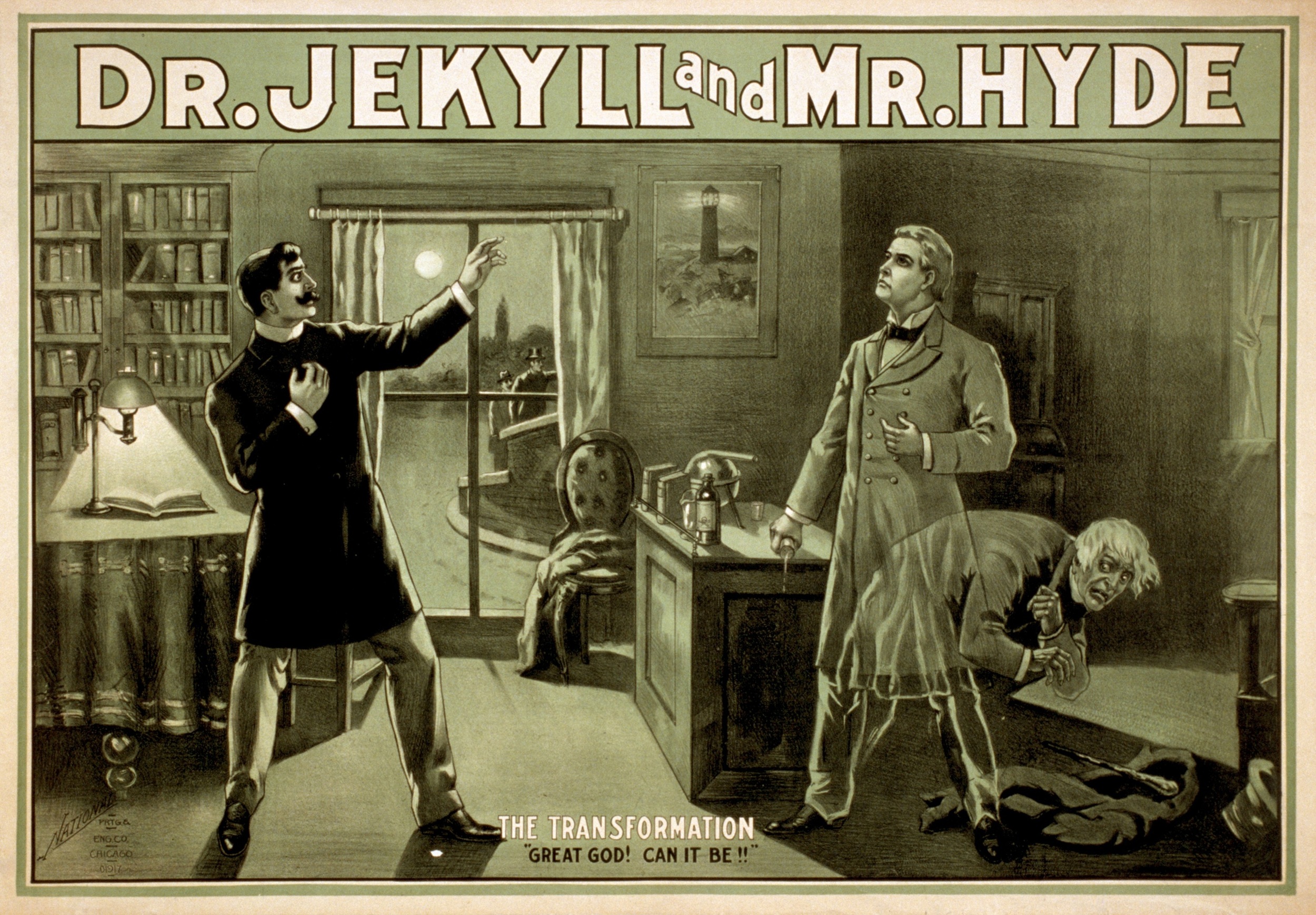Robert Back Case: Athletic Trainer Testifies She Didn’t Know About Concussion Diagnosis.
S. Larson, Great Falls Tribune, March 19, 2018: https://www.greatfallstribune.com/story/news/crime/2018/03/19/robert-back-case-athletic-trainer-testifies-she-didnt-know-concussion-diagnosis/440251002/
The article referenced above relates the testimony of Jessica Klette, ATC, Athletic Trainer for Benefis Health System and Belt High School in Belt, MT. In September 2014, Robert Back, a 16 year old high school football player, suffered head trauma in a football game. It is claimed he should not have been playing in this football game due to a previous concussion diagnosis. Reports and testimony state that he suffered a concussion prior to that game and through communication breakdowns between the coach, athletic trainer, parents, and physicians, was allowed to participate in the game.
Several issues are brought up in this article.
One: Lack of communication between the Athletic Trainer and treating physician. (The AT states she was not told of the diagnosis and treated the athlete as if he had the flu.)
Two: Lack of communication between the Athletic Trainer and the athlete's parents.
Three: Coach was allowed to oversee a post injury ImPact test.
Four: Lack of apparent responsibility per the athletic trainer's contract to communicate with anyone except the school and coach regarding athlete medical issues.
Many lessons can be learned from this incident. Maintaining open lines of communication with everyone directly involved in the athletes’ wellbeing (coach, parents, and physicians) could prevent or at least reduce mistakes such as these. Contractual obligations should not preclude an AT from communicating. Non-medical professionals should not have access or be allowed to administer diagnostic testing on any athlete. Lastly, we should all remember to be an advocate for the athlete.




